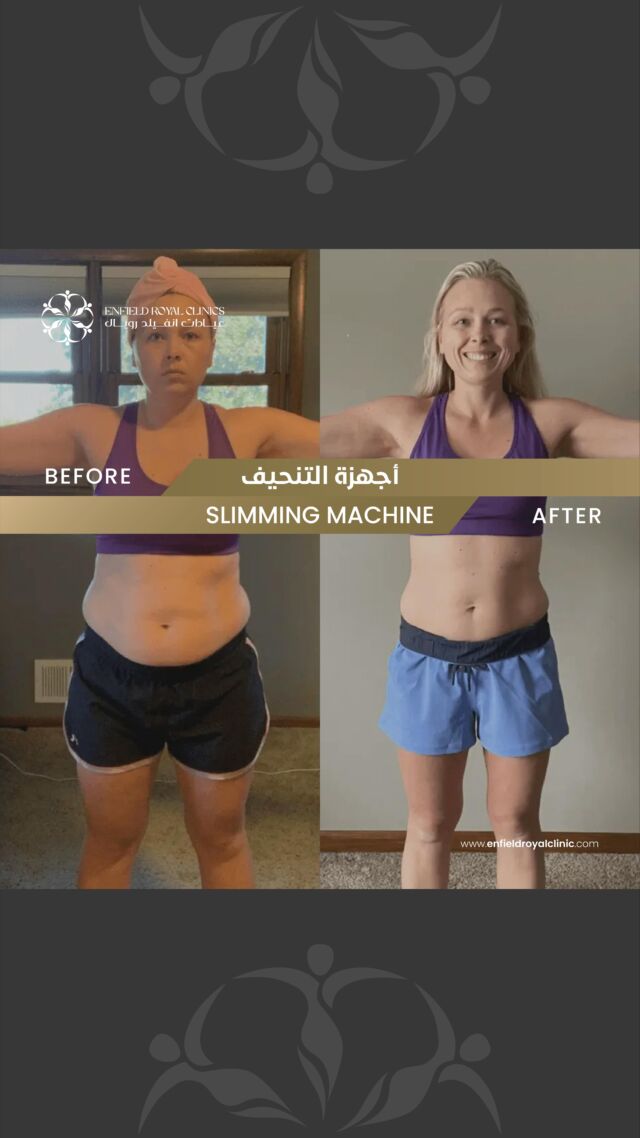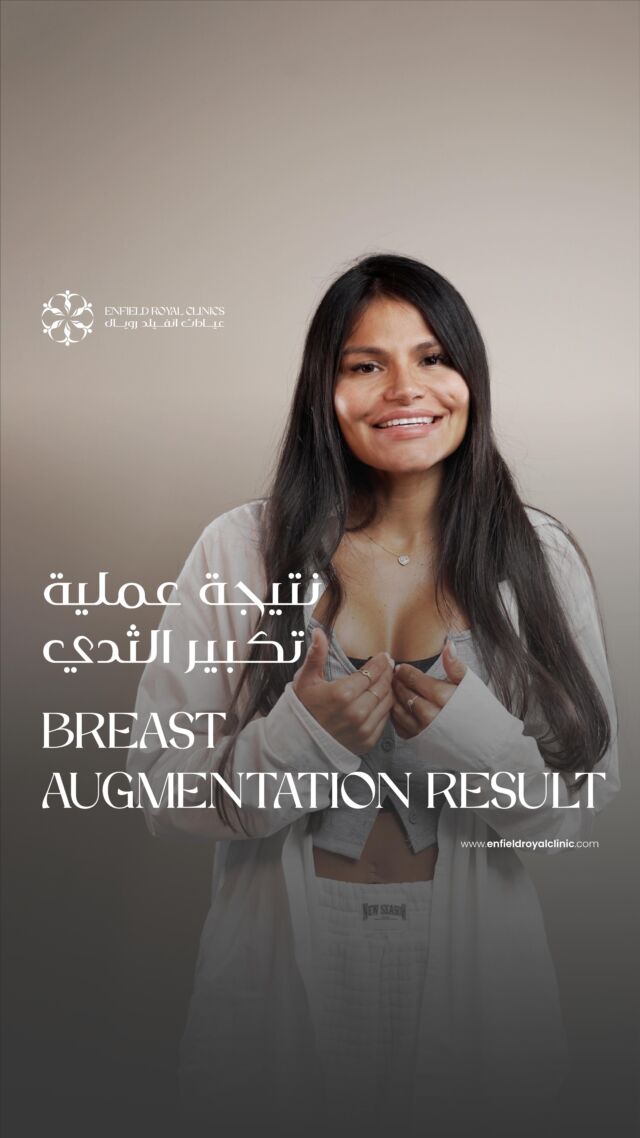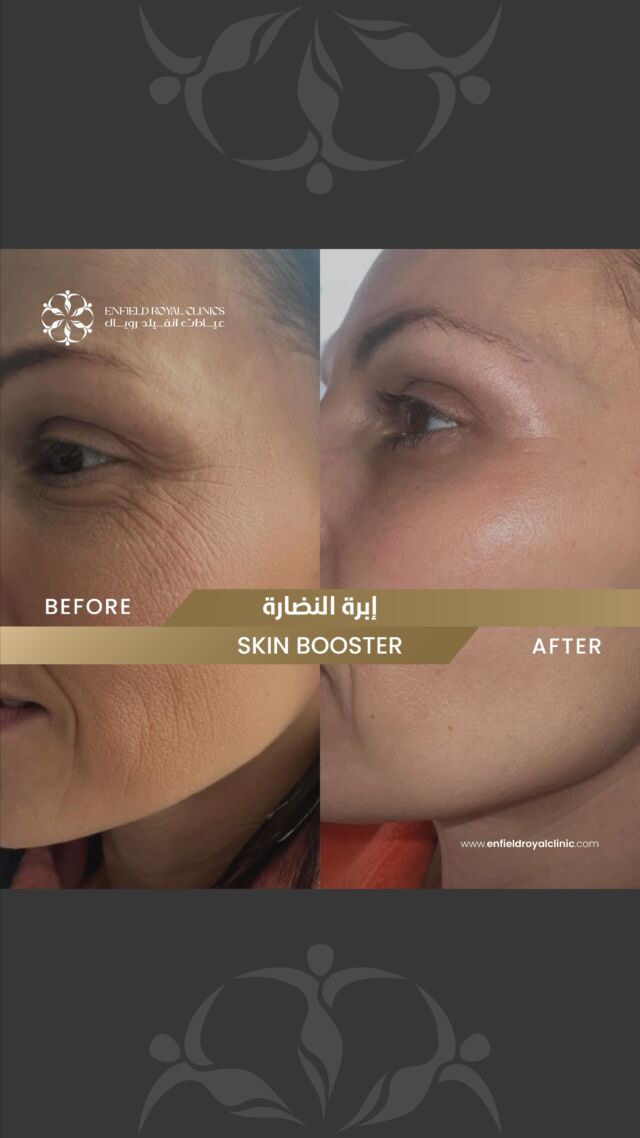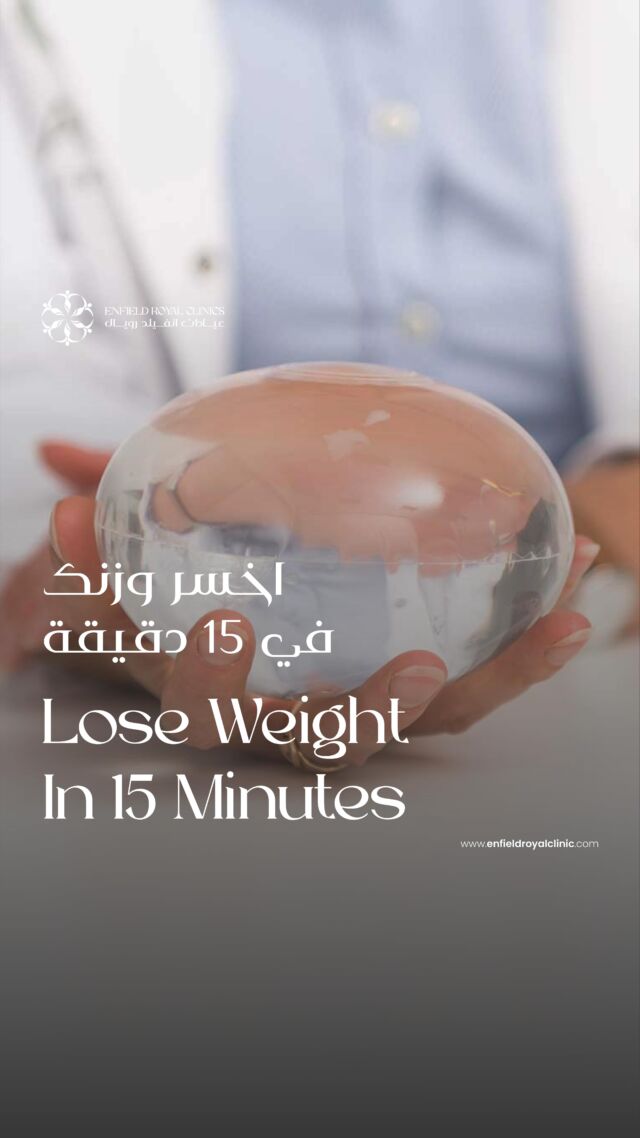
One of the most common and effective ways to restore damaged teeth are crowns. They are similar to the natural color of the enamel, so they look as natural as possible. The quality, ease of use, and aesthetics of prostheses directly depend on the material’s properties used in their production. Ceramic Crowns in Dubai are the most popular option for the restoration of the smile zone.
What is a Ceramic Crown?
It is a non-metal crown that is used in dental prosthetics recently. Compared to metal these are more aesthetic, for this reason they are used to restore anterior teeth, which are clearly visible to others when smiling and talking. Aesthetics is not the only advantage of metal-free dental crowns, they have several other advantages that ensure their high demand both among the patients and orthodontists.
Results:
The crowns can be selected from a wide range of colors, making them entirely indistinguishable from natural teeth. You can achieve a perfect smile as a result of prosthetics, with even and beautiful teeth.
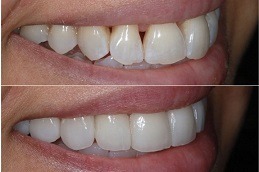

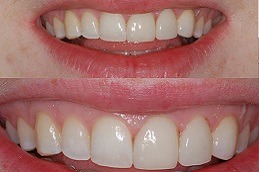
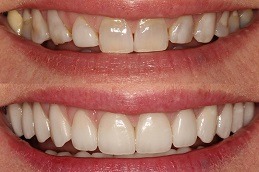

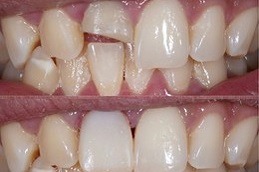
Benefits:
The main advantages of using these crowns in dental prosthetics include:
Biocompatibility: The crowns do not cause any allergic reactions, their surface does not darken and does not change its attractive color under the influence of external factors, their wearing does not cause an unpleasant metallic taste in the mount.
Aesthetics: If you choose these prostheses, you can be sure that outsiders will not even notice that you do not have your own teeth, but a prosthesis.
High Precision: The prosthetics are made individually for the patient. The finished prosthesis will fit snugly to the stump base, without gaps, and such high precision in the production of metal-free crowns ensures a long useful life, eliminates the appearance of inflammation and caries in the tooth under the crown.
Light Weight: Metal-free crowns are massive, they are light in weight, they do not create a dangerous undesirable load on neighboring healthy teeth and gums.
Smooth Surface: They have a smooth surface that does not stain from contact with food, accumulate plaque, and absorb odors.
Ideal Candidate:
The best candidate for this type of prosthetics are as follows:
- More than 50% of tooth decay
- Absence of tooth in any part of the dentition
- The need to eliminate an aesthetic defect like a chipped tooth, an ugly color of enamel
- Restoration of a tooth after an injury
- Allergic reaction to metal alloys, excluding the use of metal dentures
Types:
There are three main types of metal-free crowns for teeth:
Ceramic: Such crowns are made from dental porcelain and are reasonably priced. They have a high rate of aesthetics but are very unstable to mechanical stress. For this reason, all-ceramic crowns are installed during prosthetics only in the front teeth area.
Zirconia: They are made from zirconium oxide and have increased strength, which allows them to be used for prosthetics of the back teeth molars, which take an active part in the process of chewing food.
Zirconium Frame with Ceramic Lining: Such combined crowns provide both strength and high aesthetics and, therefore, can be used to restore both anterior and posterior teeth.
Only a doctor can decide accurately after studying all features of a clinical case and taking into account your wishes, which crown is the best for your needs.
Stages of Installation:
The process of manufacturing and installation of prosthetics will consist of the following steps:
Diagnostic Stage:
At this stage, the patient undergoes an examination by an orthopedic dentist, after which it is decided which crowns to put on the teeth, and a treatment plan is drawn up.
Preparation:
Before you put a crown on a tooth, you need to properly prepare for prosthetics of the tooth itself and the oral cavity as a whole.
To do this, professional teeth and gums diagnosed during the examination are treated.
The preparation stage also includes de-pulping the tooth and turning it, allowing you to get a stump base, on which the doctor will put a crown.
Installation:
An impression is taken from the prepared teeth, according to which a model of the future crown is made.
The timing of manufacturing a ceramic crown on a tooth will depend on the technology.
When the ceramic crown is ready, the patient is invited to the clinic for its proper and temporary installation on the tooth.
If these measures do not reveal defects in the finished crown, the patient will not complain about discomfort when wearing the prosthesis, and the crown is fixed on the tooth already on an ongoing basis.
Pros and Cons:
The main advantages include:
- Aesthetic effect
- Reliability
- Hypoallergenic
With so many pros, there are some downsides to porcelain crowns that are important to consider before you decide to put them on the front or posterior teeth:
- Fragile and low strength
- Complexity of restoration
- High price
Service Life:
The service life is at least ten years versus 5 to 7 years for metal-ceramic structures. It’s all about the unique solution that fixes ceramics, and it has improved indicators of strength and durability. In addition, due to the absence of a metal frame in a ceramic product, minor defects can be quickly restored or polished.
Ceramic Crowns (FAQ’s):
How Long Does Ceramic Crown Last?
Ceramic Crowns are hailed as a permanent solution and can last for well over 12 years. With proper oral care and hygiene, along with regular visits to the dentist to watch for any damage, these crowns can easily last up to 15 years or more.
Do Ceramic Crowns Crack?
All-Ceramic Crowns are prone to cracking and are difficult to repair. This is because they are not as durable as their metallic or porcelain counterparts. To give teeth a natural look and add durability, porcelain fused metal-ceramic crowns are the recommended choice.
Do Ceramic Crowns Turn Yellow?
Crowns can turn yellow or can give a yellowish hue if you do not practice proper hygiene. As they can not be whitened like natural teeth, it is important to avoid stain-causing foods and drinks such as tobacco, coffee, tea, alcohol, or acidic fruits such as grapes or tomatoes etc.
Is Ceramic Tooth Safe?
Since they are made from non-abrasive, biocompatible materials, all-Ceramic Crowns won't cause allergic reactions. They are non-toxic and can strengthen damaged teeth and provide a natural-looking appearance when compared with their metallic counterparts.
Is Permanent Crown Removal Painful?
Crown removal will likely involve locally administered anesthesia so it will not be painful as much as it would be difficult. As a permanent crown is usually cemented onto the teeth, removal may result in exposed tooth nerves which can cause discomfort or pain without proper care.
What Is The Recovery Time For A Crown?
Although you can get back to your daily routine from the very next day, slight tenderness and sensitivity may persist for the first few days up to a week. You will be prescribed medication to help with the healing and sensitivity can be avoided with some minor tips for the first few days.
Restoration:
Despite the high strength, sometimes they get severe defects and need to be repaired. In most cases, this happens in the following circumstances:
- Injury
- Malocclusion
- Exceeding the permissible chewing load
To fix the problem, replacement or restoration is performed. The chipped area is polished, and dental material is placed in it to fill, after which the product is turned to give the optimal shape and size. Restoration is inexpensive and takes a little time, unlike the re-fabrication of the crown and its installation.
Cost:
The cost of the Ceramic Crown in Dubai can range from AED 999 to AED 2999. The price is slightly higher than products made from other materials. The cost of a ceramic crown depends on many factors, so that the final price will be announced after examination by a specialist.
Book a Free Appointment!
Do you want to install Ceramic Crowns in Dubai, Abu Dhabi & Sharjah on your front teeth or chew ones quickly, efficiently, and inexpensively?
Then sign up with Enfield Royal Clinic because we provide a high-quality guarantee for service. Fill out the consultation form below and have this treatment done with us to get a free appointment.
Dr. Mahya Kanani is a board-certified Obstetrician & Cosmetic Gynecologist. She is also DHA registered and has experience of more...
Enfield Royal Clinic is proud to announce another gem to its team of experts Dr. Rana Yousif Mustafa. She is a highly skilled and compassionate...
Dr. Luiz Toledo, Brazilian Plastic Surgeon, studied in São Paulo and went on to train and specialize under Prof. William...
Dr. Mahmoud Akrama is a skilled general physician who specializes in aesthetic medicine and laser surgery. He received his MBBS...
Enfield Royal Clinic is so grateful to the most expert gynecologist Dr. Aseel for joining us at our clinic in Dubai. She is a Belgium trained...
“Shape Your Body to the Exact Look You Always Wanted” Enfield Royal Clinic is here to warmly welcome a new gem to its Weight Loss Department...
Stay Younger Forever! Stay Young Forever From The Inside Out with our Anti Aging and Regenerative medicine department at Enfield...
Great teeth, bright smile! Your smile is our passion, get the best dental treatments at the Royal Clinic. We are here to care for your teeth...
Dr. Rashad G. Haddad is a French board-certified Obstetrician and Gynecologist having more than 25 years of experience. He is...
1999 -2021 - Highly qualified cosmetic surgeon with 20+ years of experience. Passionate about helping others.
Dr. Dina Elyamani is one of the leading Aesthetic General Physician in Dubai with a vast range of experience in the field...
A dedicated esthetician who is committed to the highest standards of excellence - always striving to achieve the very...
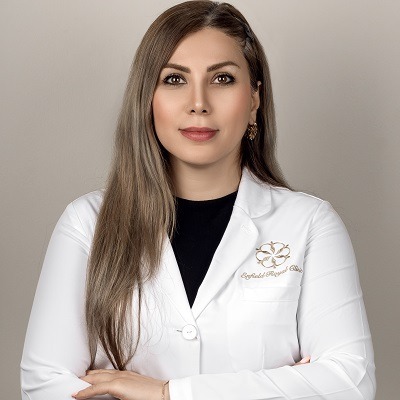
Dr. Mahya Kanani

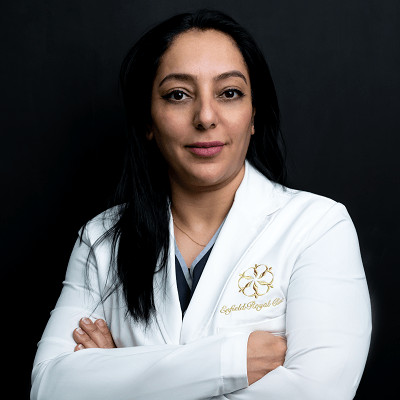
Dr. Rana Yousif Mustafa


Dr. Luiz Toledo


Dr Mahmoud Akrama

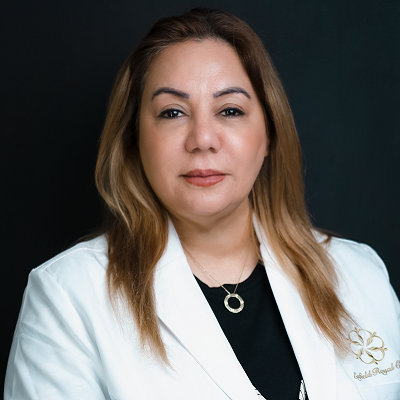
Dr. Aseel Abdulrazzak


Prof. Dr. Kadir Koray Bas


Dr. Hany Chidiac

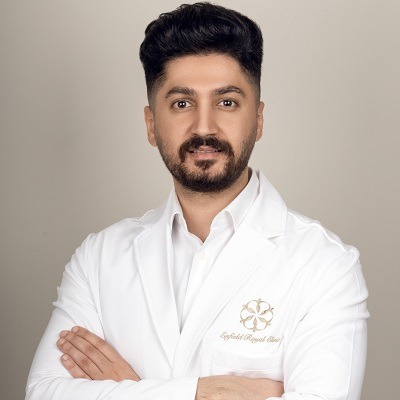
Dr. Khalid Al Ibawi

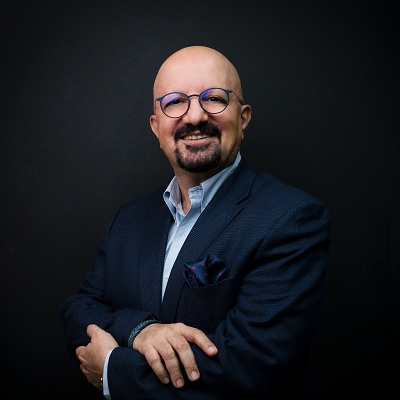
Dr. Rashad Haddad


Dr Abdul Majeed Makkiya


Dr. Dina Elyamani


Dr. Sannia Awais













